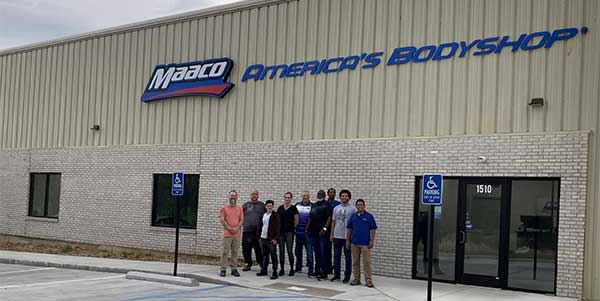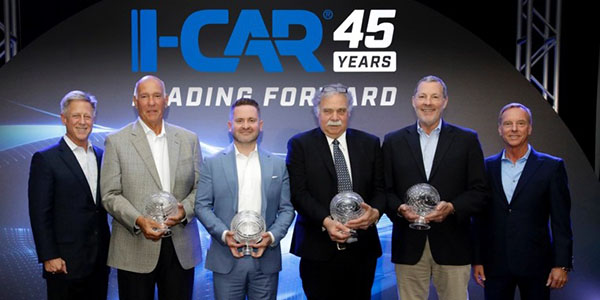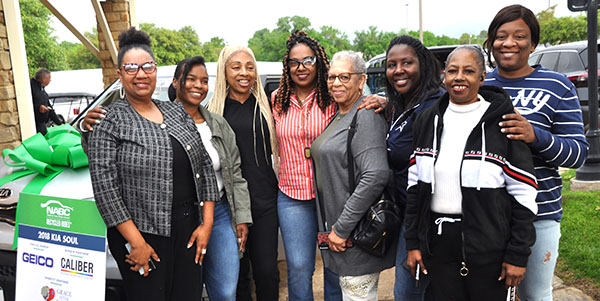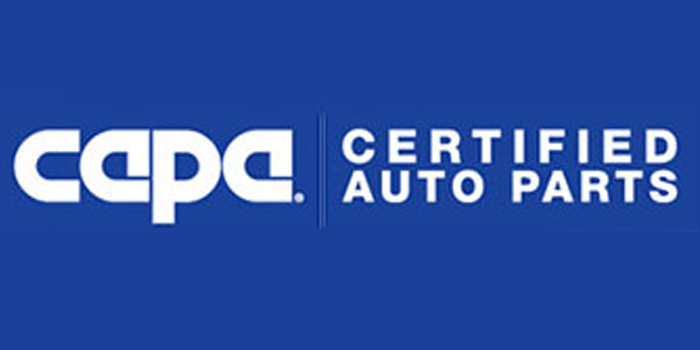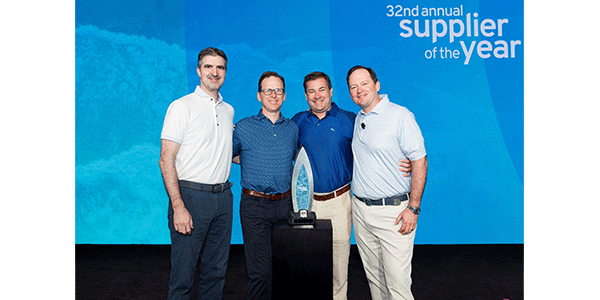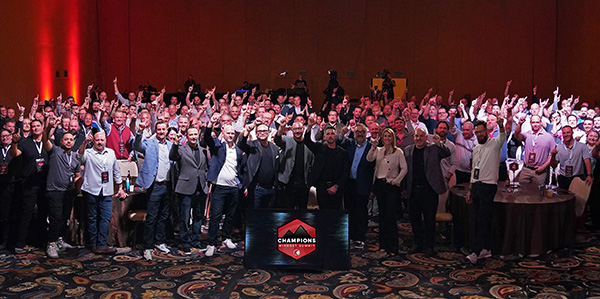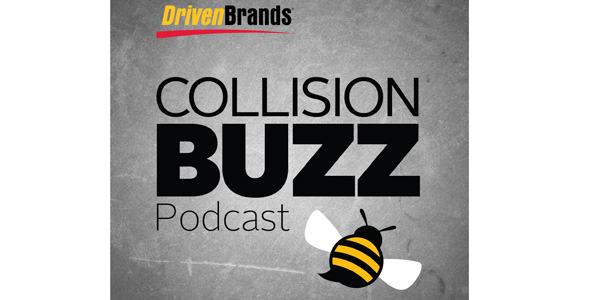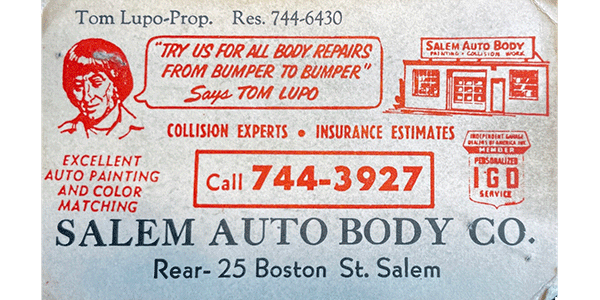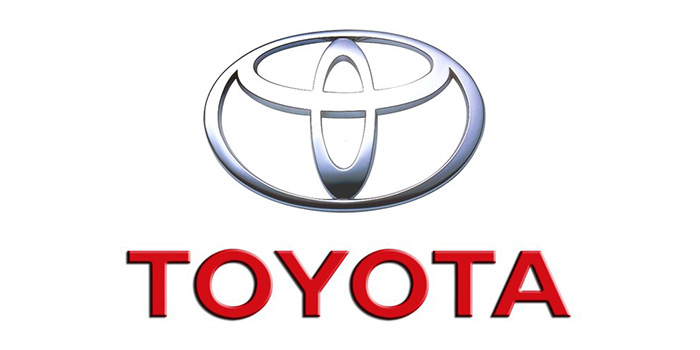
Toyota said its Collaborative Safety Research Center in Ann Arbor, Mich., will be focusing on the challenges and opportunities of autonomous and connected vehicle technologies over the next decade.
As part of “CSRC Next,” the center will invest $35 million in “research designed to support a safe transition to the future of mobility,” the automaker said.
According to Toyota, projects will follow four research tracks:
- The potential integration of active and passive safety systems, using advanced pre-crash sensors to improve and personalize crash protection
- Building advanced technology vehicle user experience models for individuals and society to improve usability and strengthen the driver-vehicle relationship
- Studying driver state detection, working to improve mobility using metrics for physiology and health
- Applying big data and safety analytics techniques to develop algorithms and tools to study naturalistic driving data
“The launch of CSRC Next reflects Toyota’s understanding of the importance of human interaction with emerging and advanced vehicle technologies,” said Chuck Gulash, director of the Collaborative Safety Research Center. “These highly advanced systems are radically reshaping the transportation landscape, building a relationship between drivers, occupants and vehicles as teammates working together safely and conveniently. We are excited to continue our safety mission by helping to support a safe evolution to a broader mobility future.”
At launch, CSRC Next’s research portfolio includes eight projects with six schools.
Examples include work with the Massachusetts Institute of Technology AgeLab to develop new systems for autonomous vehicles to perceive and identify objects in their environment and to understand social interactions in traffic; and a research study with Virginia Tech to estimate issues that might arise after integrated safety systems are deployed in the future, including all active and passive safety systems.
Since its launch in 2011, the center’s mission has been to collaborate with leading North American universities, hospitals and research institutions on projects aimed at reducing traffic casualties, and sharing the results publicly.
In that period, the Collaborative Safety Research Center has launched and completed 44 research projects with 23 partner universities, publishing more than 200 papers and presenting at multiple industry conferences, according to Toyota.
And while its research has helped improve the safety of Toyota vehicles – for example, enhancing the capabilities of computer crash simulations and improving the tuning of advanced driver-assistance systems – its impact has been much broader, according to the automaker. Results have contributed to standards development at international bodies such as the Society of Automotive Engineers.
“In addition, CSRC projects have made meaningful contributions to auto safety industrywide, including research into human factors on vehicle safety and the impact of active and passive safety systems as well as the collection of driving safety data and development of new tools to analyze that data,” Toyota said in a news release.


